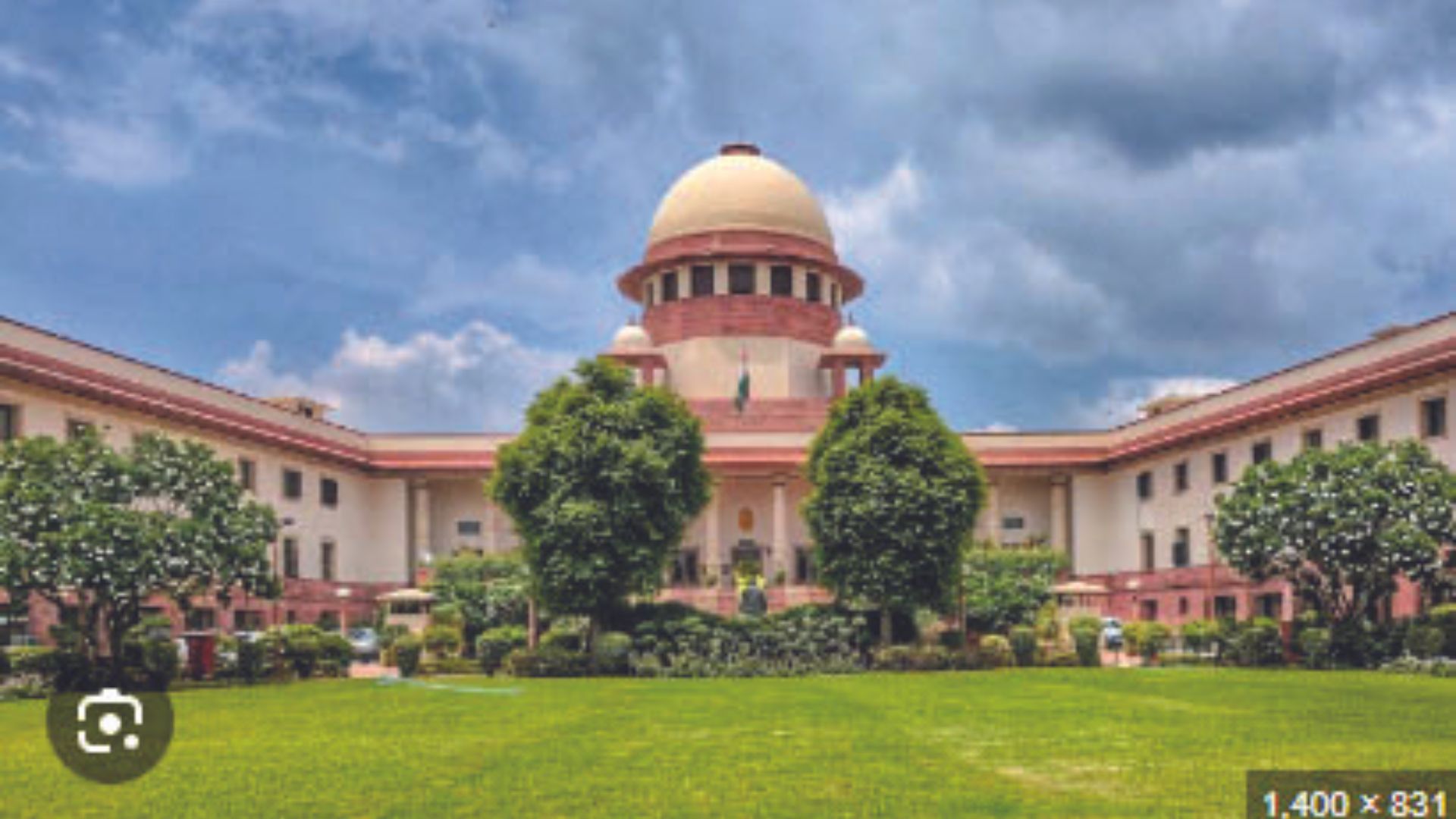
Supreme Court has issued notice on a plea challenging a Kerala High Court judgment recognizing Muslim women’s unconditional right to seek khula (a form of divorce in Muslim personal law).
A bench comprising Justices AS Bopanna and Sanjay Kumar heard the challenge against a Matrimonial Appeal order and the dismissal of the Review Petition related to the same.
The Kerala Muslim Jamaat and a private individual filed separate Special Leave Petitions (SLPs) in the Supreme Court challenging the High Court’s judgment.
In the matrimonial appeal, the High Court addressed a challenge to a divorce decree granted to a Muslim wife under the Dissolution of Muslim Marriages Act. It held that the termination of marriage is an absolute right of a Muslim wife, as bestowed by the Holy Quran, not contingent on her husband’s acceptance. This overruled the 49-year-old judgment in KC Moyin v. Nafeesa, which had restricted Muslim women from using extrajudicial means to dissolve marriage.
The High Court further noted that all forms of extrajudicial divorce mentioned in Section 2 of the Shariat Act, except Faskh, were accessible to Muslim women. In the absence of secular legislation governing khula, the Court specified conditions for its validity:
“(i) A declaration of repudiation or termination of marriage by the wife.
(ii) An offer to return the dower or any other material gain received during the marriage.
(iii) An earnest attempt at reconciliation preceding the declaration of khula.”
The High Court added, “If any person wants to contest the effectiveness of khula or talaq, it is open for such aggrieved person to contest the same in an appropriate manner known under the law.”
A review petition was filed against this ruling, asserting that if a Muslim wife desires divorce, she must demand talaq from her husband and then approach the qazi or Court upon refusal. The petitioner argued that a Muslim woman does not possess an “absolute right” to pronounce khula.
The review petition was dismissed in 2022. The Bench noted that a wife’s will cannot be subservient to the husband’s, and that khula is granted to a Muslim woman by the Quran, rendering it ineffective if contingent upon the husband’s will.
“In the absence of a mechanism in the country to recognize termination of marriage when the husband refuses consent, the court can hold that khula can be invoked without the husband’s concurrence,” the High Court said.
It emphasized that khula is a permissible action for a Muslim wife who wishes to end her marriage.
The present petitioner approached the Supreme Court against these orders. Senior Advocate Devadatt Kamat, representing the petitioner, argued that Courts must verify if the conditions for khula are met: “what we are only saying is this…that all this is accepted, but it has to be with the intervention of the court.”
Kamat stressed that the petitioner was not contesting the individual merits of the case but the law’s inconsistency with earlier judgments by the Supreme Court and Madras High Court.
After hearing Kamat and reviewing the records, the Bench issued notice.